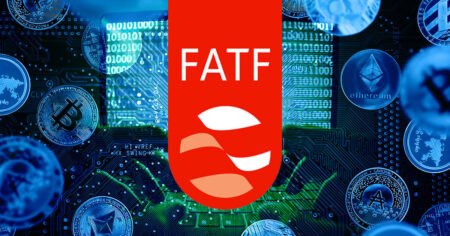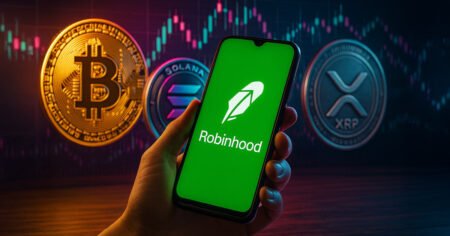Dinari’s Breakthrough in Tokenized Equity Trading
In a significant move for blockchain finance, Dinari has secured a US broker-dealer registration for its subsidiary, establishing itself as the first platform authorized to offer blockchain-based shares of publicly traded companies to domestic investors. This development, reported by Reuters on June 26, positions Dinari at the forefront of the rapidly evolving tokenized equity landscape. As the firm gears up to activate its licensed entity in the next quarter following onboarding with the Securities and Exchange Commission (SEC), it sets the stage for transformative changes in how investors interact with stock markets.
Streamlined Access to Tokenized Stocks
Dinari currently distributes its innovative “dShares” on Coinbase’s Base network to international users. With the new broker-dealer registration, the company will extend its offerings to American brokerages and fintech applications through Application Programming Interfaces (APIs), rather than relying on a direct-to-consumer approach. This streamlined access could potentially revolutionize how investors trade by making tokenized equities easily integrable into existing platforms, enhancing user experience and engagement.
Advantages of Tokenization
Tokenizing equities involves converting traditional shares into digital tokens recorded on a blockchain. This approach brings several advantages, such as reducing clearing fees, expediting settlement processes to near real-time, and enabling 24/7 trading options. By satisfying SEC requirements that mandate secondary trading in securities runs through licensed intermediaries, Dinari addresses key regulatory concerns regarding the security and legitimacy of tokenized stocks. More companies, like Coinbase and Kraken, are also pursuing this model, with Kraken launching a 24/7 trading platform for U.S. stocks and Coinbase seeking SEC approval for similar offerings.
Challenges in the Tokenized Market
Despite the momentum in offering tokenized equities, challenges still loom large. The World Economic Forum recently highlighted shallow secondary-market liquidity and a lack of unified technical standards as major hurdles in mainstream adoption. CEO Gabriel Otte acknowledges these gaps but emphasizes that Dinari’s on-chain settlement framework could serve as a reliable template for regulators and industry organizations drafting interoperability guidelines. By addressing these concerns, Dinari not only positions itself as a market leader but also fosters a collaborative ecosystem conducive to the growth of tokenized assets.
Innovative Integration Model
Dinari differentiates itself from traditional retail brokerages like Robinhood and Charles Schwab through its innovative integration strategy. Rather than operating as a standalone platform, Dinari embeds its trading and custody infrastructure within third-party applications. Otte describes this model as “white label rails,” enabling fintech companies to incorporate tokenized equities into their existing mobile apps without the burden of developing complex blockchain technology in-house. This approach not only accelerates time-to-market for fintech firms but also enhances the user experience for their customer bases.
Looking Ahead: Testing and Technical Advancements
As Dinari prepares for its U.S. market launch, the company will commence customer testing following the completion of control-location attestations and vault integrations mandated by SEC Rule 15c3-3. In anticipation of its launch, Dinari plans to release updated technical specifications for its ERC-20-based share contract, ensuring that all systems are ready for seamless integration and operation. This proactive approach highlights Dinari’s commitment to regulatory compliance and technical excellence, positioning it for sustainable growth in the burgeoning sector of digital equities.
In summary, Dinari’s recent SEC registration marks a pivotal moment in the evolution of tokenized stock trading. By offering solutions that meet regulatory requirements while simplifying user access, the company is well-poised to lead the charge in a new era of digital finance. As more consumers and firms embrace tokenization, the potential for blockchain technology to reshape financial markets becomes increasingly evident.

















